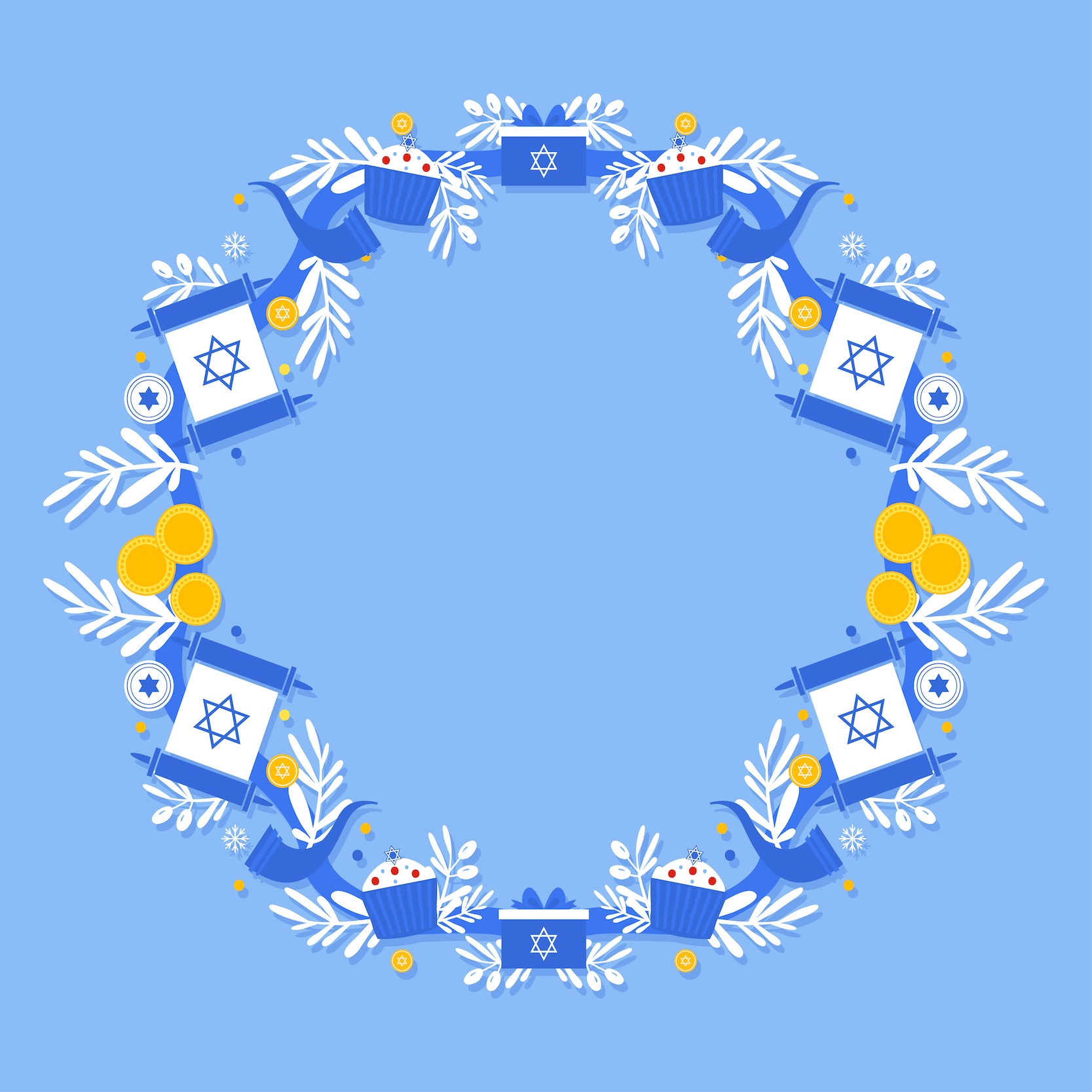Rosh Hashanah
The holiday that marks the beginning of the Jewish year
According to Jewish tradition, Rosh Hashanah commemorates the end of the creation of the universe and the world.
Holiday Customs:
Prayer - Religious Jews attend lengthy synagogue services and recite special prayers and liturgical songs written over the centuries.
The blowing of the shofar (ram’s horn) - On Rosh Hashanah, 100 (or 101, depending on the ethnic tradition) shofar blasts are sounded in the synagogue, in single, triple, and nine-blast groupings. The shofar blasts are intended to symbolize God’s sovereignty over the world, to remind Jews of the giving of the commandments on Mt. Sinai and their devotion to God. When the first day of Rosh Hashanah is on Shabbat, the shofar is sounded only on the second day.
Apples and honey - At the evening meal on Rosh Hashanah it is customary to eat an apple dipped in honey and other sweet foods to symbolize a sweet new year. It is also customary to eat a pomegranate, as a symbol of a plentiful year, the head of a fish, symbolizing the desire to keep ahead, and round Ckhalla bread.
Tashlich - On Rosh Hashanah afternoon it is customary to walk to a river, lakeshore, or another open body of water, to shake out one’s pockets and symbolically cast one’s sins into the water.
New Year greetings - It is customary to wish everyone a “Shanah Tovah” - a good new year.
The period between Rosh Hashanah and Yom Kippur is called “The Ten Days of Repentance,” during which people have the opportunity to atone for their sins. These are also the days on which God judges people’s deeds throughout the year and decides their future for the coming year and a repentance period until Yom Kippur for people whose status is uncertain.
.jpg?resize=400x0)



